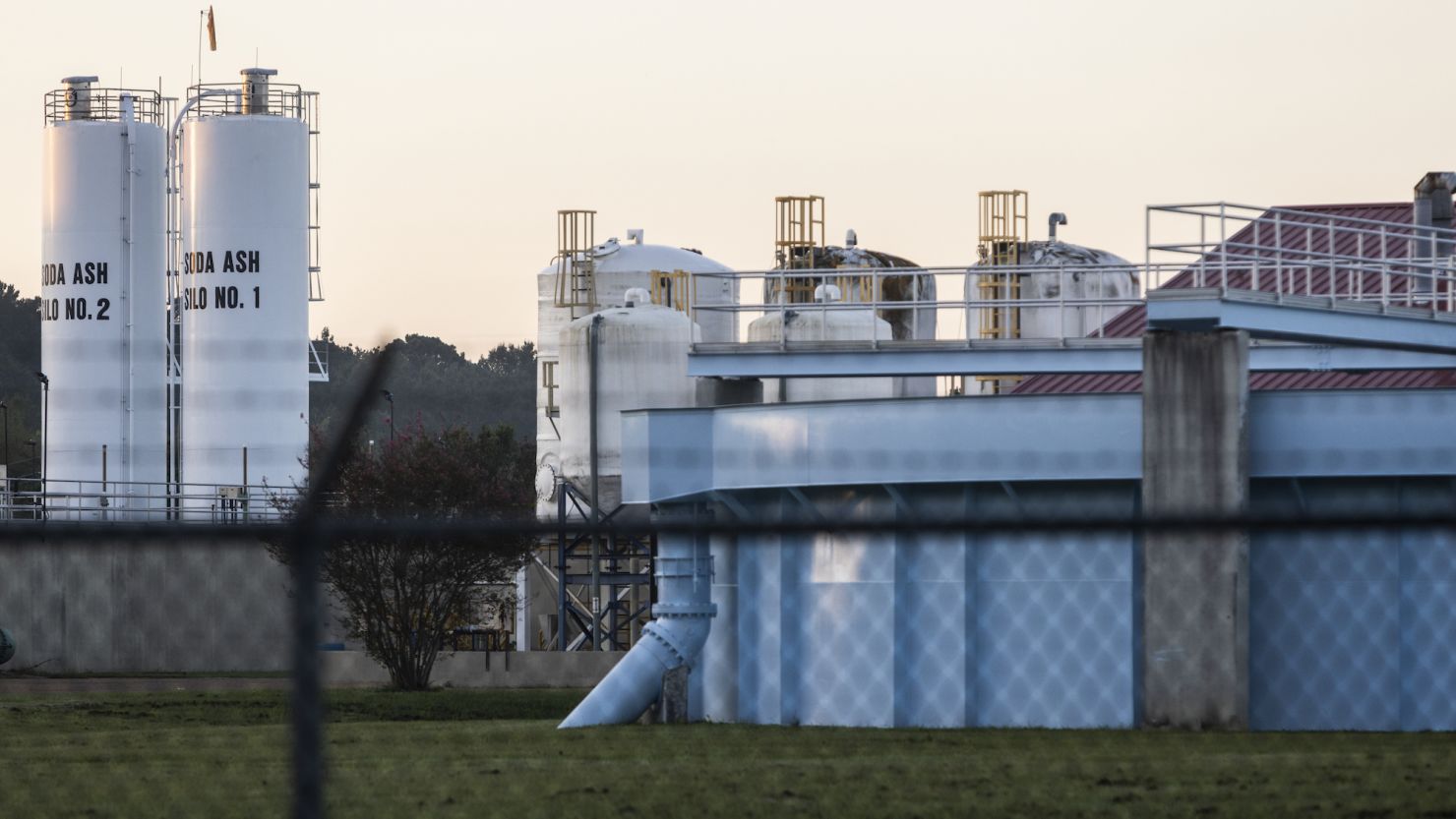The US Environmental Protection Agency is investigating the water crisis that has affected the roughly 150,000 residents of Jackson, Mississippi, who remain under a boil-water advisory.
“I can confirm that the EPA Office of Inspector General began sending personnel to Jackson to collect data and conduct interviews,” Jennifer Kaplan, a spokesperson for the office, told CNN Sunday. Similar investigations into the tainted water crisis in Flint, Michigan, led to criminal charges and a slew of lawsuits.
Weeks after the city’s main water treatment plant began failing, leaving Jackson residents without drinking water, water pressure has been restored. But the liquid coming out of taps is still unsafe to drink.
“There are still concerns around the consumption of that water,” Jackson Mayor Chokwe Antar Lumumba said Sunday on CBS’s “Face the Nation,” according to a transcript of the interview.
The city’s boil-water advisory, issued more than six weeks ago, means tap water must be boiled before being used to drink, cook, make ice, wash dishes or brush teeth. On Friday, Mississippi Today reporter Molly Minta posted a video of dark brown water she said was flowing from the tap in her Jackson home.
The current acute crisis began when heavy rain caused the Pearl River to flood, affecting treatment processes after pumps at the main water treatment facility were already damaged. Residents had to line up for hours to get cases of water for drinking, cooking and even flushing their toilets.
The city’s water problems go back years, and boil-water advisories have become almost a fact of life in Mississippi’s capital. In early 2020, the system failed an EPA inspection, which found the drinking water had the potential to be host to harmful bacteria or parasites.
Last year, many residents were without water for a month after pipes froze and burst during a February storm.
The present boil-water advisory was issued in late July after cloudy water at the O.B. Curtis plant was blamed on high levels of the mineral manganese, “combined with the use of lime,” the city said. In order for the advisory to be lifted, water pressure has to be sustained, and the city needs “two rounds of clear samples,” it said in an update Monday.
“There must be two consecutive days of clear testing (120 samples both days),” Mississippi State Department of Health spokesperson Liz Sharlot told CNN in an email.
The samples are pulled by the EPA, the Department of Environmental Quality, or the city, she said. A certified lab then runs the tests.
“Investigatory sampling will continue today to monitor water quality,” the mayor said at a news conference Monday. “The distribution system is not ready for full sampling to clear the boil water notice.”
“There is some optimism around those investigatory samples,” he said. “We are optimistic that we’re looking at a matter of days, not weeks, before we can expect the boil-water notice to be lifted.”
Another setback
One of two permanent pumps that had been repaired and reinstalled Saturday was found to need more repair, the mayor said Monday.
“This does not affect current plant input,” the city said in an update Monday.
Both defective raw water pumps are expected to be “coming on site around the same time,” the mayor said, though it’s unknown when that will be.
Outside teams from South Carolina, Michigan and Maryland are on site, helping the plant’s staff, the mayor said, and teams from Ohio will arrive Monday.
Systemic problems
Jackson’s water problems are largely systemic – old and leaky pipes, malfunctions at treatment plants and insufficient money to fix the problems, according to a report by the Mississippi Center for Investigative Reporting that the Clarion Ledger newspaper published in January.
Staffing at the plant also has been a problem. EPA staff found during a March visit that the city did not have adequate staffing for the system, leading to routine and preventative maintenance not being carried out.
The city was allocated some $40 million for its water system from the American Rescue Plan, but Lumumba said Sunday that it had received it in tranches, with the “lion’s share” going toward repairing and replacing critical infrastructure like water lines and treatment facilities. Eight million dollars of the American Rescue Plan money was spent on one pipe alone, he said.
The mayor said last year the city needs “literally more than a billion dollars to replace our entire system.”
CNN’s Hannah Sarisohn contributed to this report.



